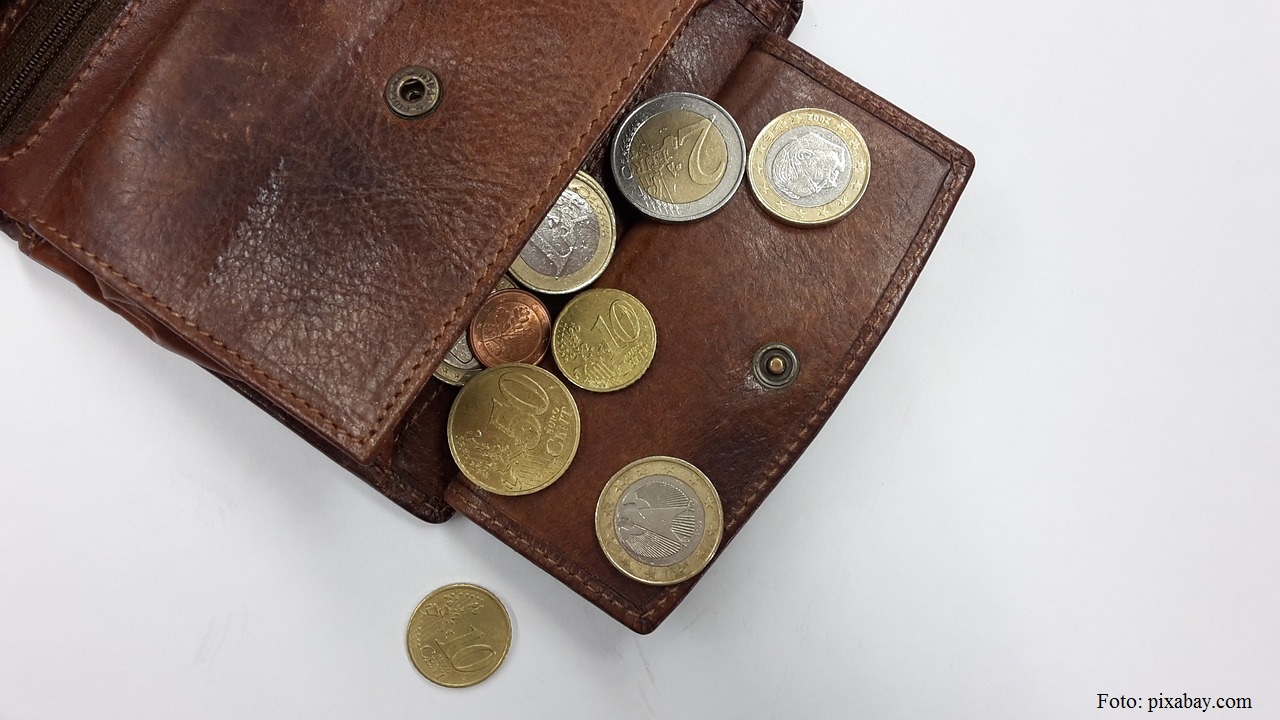Civic Initiatives for Sustainable Living
In Romania, where the circular economy is hardly encouraged by decision makers, ecological civic activism is maybe slower in developing, but it is definitely doing so

Christine Leșcu, 07.02.2023, 02:13
Protecting the environment, but also human health, through simple living, close to nature, with a minimum of pollution, is the duty of both public authorities and regular citizens. In Romania, where the circular economy is hardly encouraged by decision makers, ecological civic activism is maybe slower in developing, but it is definitely doing so. In addition to NGOs, individual initiatives have emerged, which have a lot of adepts. One of them is that taken by Corina Ciurea, who, in addition to her regular job, keeps a blog and a vlog sharing her experience of consuming as little plastics as possible, generating as little waste as possible. For Corina, this is a continuation of her way of life close to nature, when she was a child in the countryside. During high school, as she was approaching maturity, her first decisions had to do with protecting nature. Here she is telling us about it:
“About the time I was finishing high school, I started selective collection. I started taking plastic objects, glass, and paper to those big bell shaped containers who were put up in the streets. Gradually, as I gathered more information, I tried to reduce consumption, and to make smaller the bags I was taking to the recycling bins. This was my ideal, zero waste. But it is more like an ideal I aim for. In reality, it is more a wish to be closer to nature. In todays society it is more like impossible to live without generating waste. In Romania we have no circular economy in which waste goes back into circulation, being absorbed, and gaining added value. So my conclusion is that we should reduce consumption, not get stressed, because no one is perfect, we cant live perfectly, but we can do our best under the circumstances.”
We asked Corina Ciurea to share her experience regarding the stages of living as sustainably as we can:
“The first thing I stopped buying was plastic bags. Like any Romanian, or any human being, we had a bag of bags at home, which kept getting bigger. So why get more? Let me use these. I used them until they fell apart. Then I took them to get recycled, if they could be. Then I replaced them with cotton bags, or a durable material that wouldnt break down easily. So that was the first change. Then I stopped getting water in plastic bottles, I replaced them with aluminum or glass. And with a water filter at home. Another change was to take a textile bag when shopping. When I started this, the movement was not so popular, I kept having to explain, at the market or the store, that I didnt want a plastic bag, even when they were free. After that, I looked at the bathroom, and I replaced liquid soap in a plastic bottle with solid soap in cardboard, or without a wrapping. Then I replaced my plastic toothbrush with one made of bamboo, and so on. I dont recommend that we make all the changes at once, just one once in a while, slowly integrating them into our routines, so that our system of habits doesnt collapse under the weight, leading us to believe that we are trying the impossible.”
Meanwhile, Corina got to the point where she hardly ever uses plastic, and, if it cannot be avoided, she uses recyclable plastic. Fortunately, Romania now has online and brick and mortar stores selling organic products with no plastic wrapping. These are popular with the zero wasters, a movement that Corinea Ciurea encouraged, organizing around the country international campaigns, such as Plasticless July. She continues to contribute to growing the zero waste community in the country. Here she is telling us about it:
“This has grown, but it is still timid in Romania, it doesnt have so many adepts, but they are strong, and wont quit. I seems that every year we gain more people. The pandemic set the movement back a bit, things had started moving in the right direction before 2019, there were even very visible events, companies that were involved, but I think were getting back on track. There are some EU directives that help us, so I am optimistic.”
The adepts of sustainable and low pollution living can now get information thanks to a project developed by civil society. The ViitorPlus, or FuturePlus, Association, has many programs for recycling and selective waste collection, and one of them is called Map of Recycling. Here is Mihai Tanase, director of communication:
“The Map of Recycling is an online platform. As a project, it has existed for 10 years, but it is under its present form since 4 years ago. Right now we are present at the national level, we have collection points all over the country. There are 15,000 points, which can be bins on the street set up by local authorities, or sanitation contractors, they can be collection points in shops, pharmacies, or gas stations. They can also be independent collection points. We organize them by types of materials, so there are points that take in recyclable materials, such as plastic, paper, cardboard, or glass, other points take in appliances and electronics, textiles that can be donated or recycled, others are for used cooking oil, or expired medication, which are both toxic waste. The traffic is increasing. We had over 700,000 users since we launched. Last year we had over 200,000 users, and this year over 550,000 clicks. As we said, traffic is going up. In addition, the map is designed as a participating platform, any user can register and add more collection points to the map.
Mihai Tanase added that the educational dimension is also very important:
“The ViitorPlus association has a number of missions of social entrepreneurship, environmental volunteering, education, and environmental awareness raising. We do this mainly through the map, which is our main tool, but we have other methods too. We do informing and awareness raising for adults, with articles on the site. They speak not only about collection, but also about consumption reduction, and reusing things. This prevents excessive consumption and waste generation. We also have an environmental education side for children, and educational sessions for teachers. We provide them with informal lessons about the environment, and they teach them in class.”






























